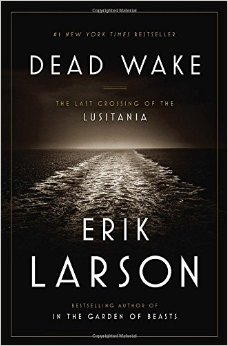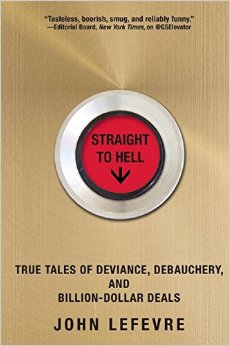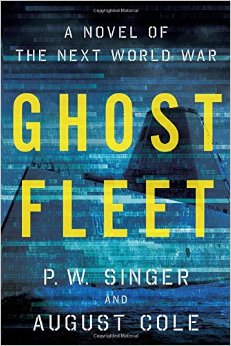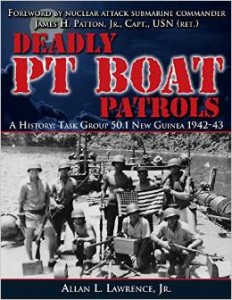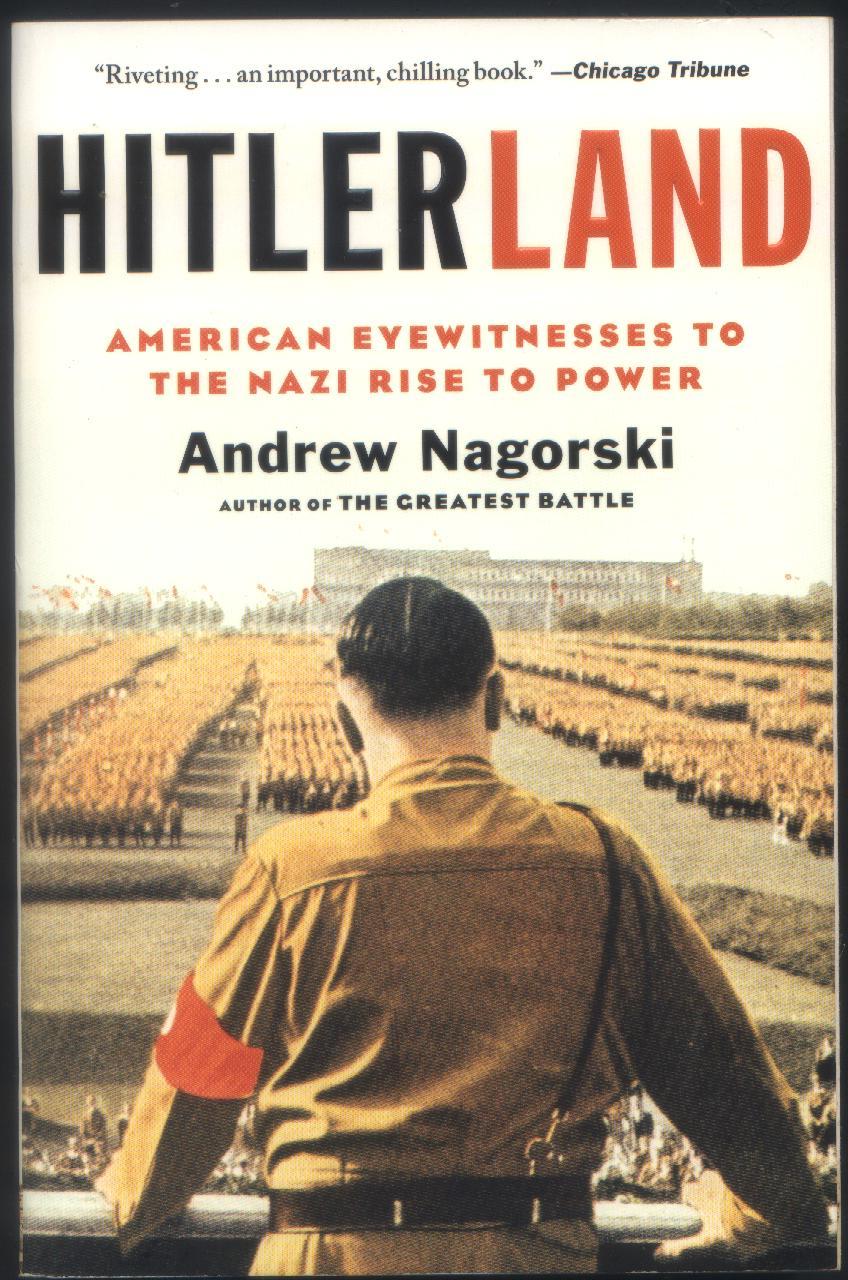Churchill’s oratory, American might
Thursday, February 25th, 2016[ by Charles Cameron — some thoughts on Churchill while prepping a post re Cole Bunzel’s new paper ]
.
Let’s pre-amble around a bit, before we get to Cole Bunzel‘s important new paper, The Kingdom and the Caliphate: Duel of the Islamic States in my next post: the issue of oratory vs force is significant in its own right.
I’ve just been watching a couple of films about Winston Churchill, and wondering how much of Britain’s survival of the Nazi enemy in World War II was the result of materiel and how much of morale. My father was the gunnery officer of a light cruiser covering the Murmansk convoys, so I appreciate the importance of logistics, both trans-Atlantic and trans-Arctic. But then there’s morale, about which von Clausewitz says:
Essentially, war is fghtiing, for fighting is the only effective principle in the manifold activities designated as war. Fighting, in turn, is a trial of moral and physical forces through the medium of the latter. Naturally moral strength must not be excluded, for psychological forces exert a decisive in?uence on the elements involved in war.
and:
One might say that the physical seem little more than the wooden hilt, while the moral factors are the precious metal, the real weapons, the finely honed blade.
As between the material and the immaterial, then — and notice how the word immaterial has come to have the pejorative meaning, irrelevant — Clausewitz gives greater importance to the immaterial, the psychological.
So — how do we measure the impact of Winston Churchill’s oratory, as a morale-multiplier, to compare it with that of the output of US aircraft factories just prior to and during the war — 100,000 aircraft, I am told, to include “the Army Lockheed P-38 Lightning, P-39 Airacobra, Curtiss P-40 Warhawk, P-47 Thunderbolt, North American P-51 Mustang, Northrop P-61 Black Widow, and the Navy F2A Buffalo, F4F Wildcat, F4U Corsair, and F6F Hellcat fighters.
Against those immense and measurable figures, let us set just three of Churchill’s speeches from the summer of 1940:
Behind us gather a group of shattered states and bludgeoned races: the Czechs, the Poles, the Danes, the Norwegians, the Belgians, the Dutch — upon all of whom a long night of barbarism will descend, unbroken even by a star of hope, unless we conquer, as conquer we must, as conquer we shall.
Even though large tracts of Europe and many old and famous States have fallen or may fall into the grip of the Gestapo and all the odious apparatus of Nazi rule, we shall not flag or fail. We shall go on to the end, we shall fight in France, We shall fight on the seas and oceans, We shall fight with growing confidence and growing strength in the air, we shall defend our Island whatever the cost may be, We shall fight on the beaches, We shall fight on the landing grounds, We shall fight in the fields and in the streets, We shall fight in the hills; We shall never surrender.
Let us therefore brace ourselves to our duties, and so bear ourselves that, if the British Empire and its Commonwealth last for a thousand years, men will still say, “This was their finest hour.”
**
The materiel and the morale, the qantitative and the qualitative, the measurable and the immeasurable — here’s the great koan around which it would seem much of my thought revolves.
In amy next post, I’ll turn to Cole Bunzel’s report for the Carnegie Endowment for International Peace, which triggered these reflections with the words:
Saudi Arabia, home to Islam’s holiest places and one-quarter of the world’s known oil reserves
If that isn’t a powerful superposition of the immaterial and material worlds in one short phrase, I don’t know what is.
